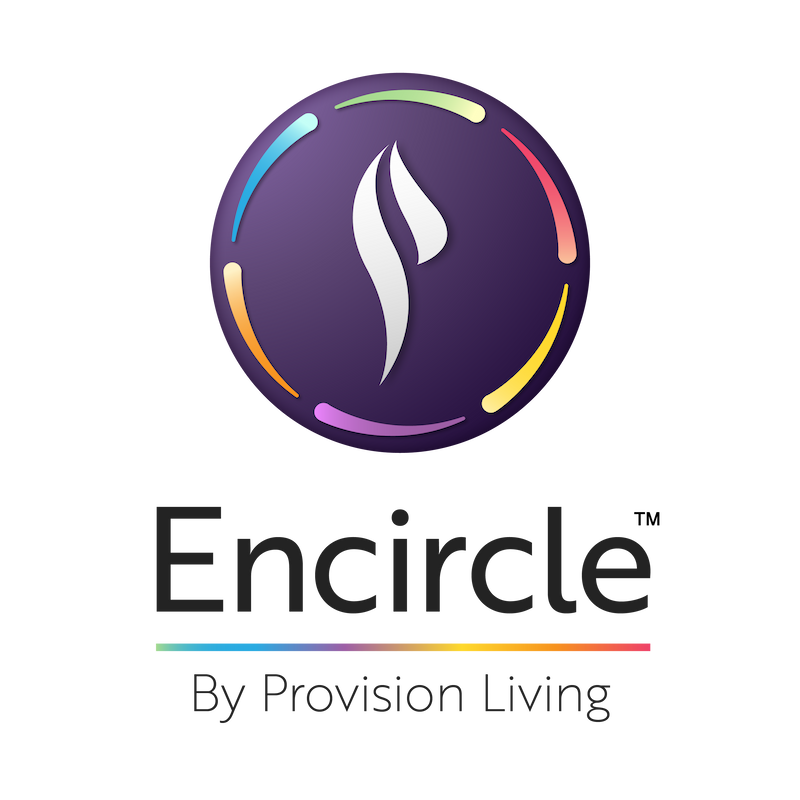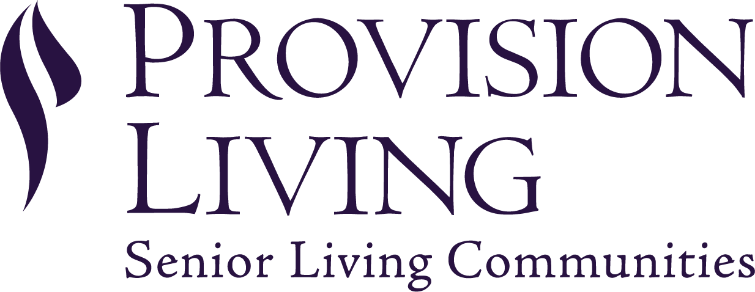Transitioning to Senior Living
Transitioning to senior living is a significant step for both seniors and their families. This guide provides comprehensive tips and insights on making the transition smoother and more comfortable.
This page covers everything you need to know to make an informed decision and ensure a positive experience, from understanding what senior living entails to preparing for the move and finding emotional support.

Understanding the Transition to Senior Living
Making the move to senior living can feel overwhelming, but understanding what it entails can ease the process.
What is Senior Living?
Senior living refers to a range of housing and care options designed for older adults who need varying levels of assistance with daily activities. At Provision Living, this encompasses independent living, assisted living, and memory care. Each offers different levels of support and amenities. The goal is to provide a safe, comfortable environment where seniors can maintain their independence and enjoy a high quality of life.
Types of Senior Living Communities
Senior living communities come in various forms, each tailored to different needs. At Provision Living, we offer independent living communities that are ideal for seniors who can live independently but want access to social activities and basic services. Assisted living provides help with daily tasks like bathing and medication management. Memory care communities offer specialized support for individuals with Alzheimer’s and dementia. Each type offers a unique blend of services and amenities to suit different lifestyles and care requirements.

3 Signs It Could Be Time for Senior Living
Recognizing the signs that it may be time for senior living can help ensure the safety and well-being of your loved one.
Physical Signs
Physical signs that it may be time for senior living include noticeable weight loss, difficulty with mobility, frequent falls, and declining personal hygiene. These indicators suggest that your loved one may need additional support with daily activities and health monitoring.
Emotional and Social Signs
Emotional and social signs include increased isolation, withdrawal from favorite activities, and noticeable changes in mood or behavior. Depression, anxiety, and loneliness can often be alleviated in a senior living community where social interaction and mental health support are readily available.
Safety Concerns
Safety concerns such as leaving the stove on, wandering, and an inability to manage medications are critical signs. These issues highlight the need for a secure environment with professional supervision to prevent accidents and ensure proper care.


How to Choose the Right Senior Living Community
Selecting the right senior living community involves several important steps to ensure it meets your loved one's needs.
Assessing Your Needs
Start by evaluating your loved one's specific needs, including medical requirements, daily living assistance, and social preferences. Consider their current health status, mobility, cognitive abilities, and any special care they might need.
Researching Communities
Research different senior living communities in your desired location. Look for communities that offer the level of care your loved one needs, such as independent living, assisted living, or memory care. Read reviews, visit websites, and gather information about the services and amenities they provide.
Touring Facilities
Schedule tours of the shortlisted communities to get a firsthand look at the environment and facilities. Pay attention to the cleanliness, staff friendliness, and the overall atmosphere. Observe interactions between staff and residents and ask about activities and dining options.
Asking the Right Questions
Prepare a list of questions to ask during your tours, including inquiries about staff qualifications, resident-to-staff ratios, emergency procedures, and the cost of services. Understanding these details will help you make an informed decision and ensure the community is a good fit for your loved one.

Preparing for the Move to Senior Living
Preparing for the move to a senior living community involves careful planning and an open-minded approach to ensure a smooth transition.
Prepare a list of questions to ask during your tours, including inquiries about staff qualifications, resident-to-staff ratios, emergency procedures, and the cost of services. Understanding these details will help you make an informed decision and ensure the community is a good fit for your loved one.
Change requires keeping an open mind. Seniors are more likely to adapt well if they are prepared and understand that life will not be exactly the same as living at home.
New residents should never hesitate to ask the community’s team any questions. Encourage them to learn about their new home by asking associates and caregivers. They are there to help!
The sooner an older adult becomes active and engaged, the better they will feel about their move. Making acquaintances and friends right away will help make their new environment more welcoming and fun.

Emotional Support for Seniors and Families
It’s not uncommon for family members to feel guilty about moving a loved one into assisted living, but they should remember that the move will ultimately benefit their loved one’s health and well-being.
Emotional support is crucial for both seniors and their families during the transition to senior living, and the best transitions involve the following strategies.
Staying Connected
Family members should visit to ensure their parents are settling in. When visiting is not possible, family members should keep in touch with their loved ones and work with the community team to ensure their loved ones are socializing and involved in the community. We highly encourage families to remain connected and provide many opportunities to bring families together on a regular basis.
Addressing Concerns and Fears
Family members should visit to ensure their parents are settling in. When visiting is not possible, family members should keep in touch with their loved ones and work with the community team to ensure their loved ones are socializing and involved in the community. We highly encourage families to remain connected and provide many opportunities to bring families together on a regular basis.
Encourage Independence
Family members who visit too often can inhibit some of the senior’s independence. We recommend giving them enough space to adjust to their new home independently and to begin making new friends.

Discover Encircle: A Holistic Approach to Senior Living
Seniors experience better outcomes in an environment that nourishes their mind, body, and soul. At Provision Living, our collaborative and holistic approach to senior living focuses on every important aspect of a resident’s day, from dining and activities to therapies and wellness.
With Encircle, we deliver personalized experiences designed around the interests and needs of each individual resident.
Life at Provision Living
No more posts

